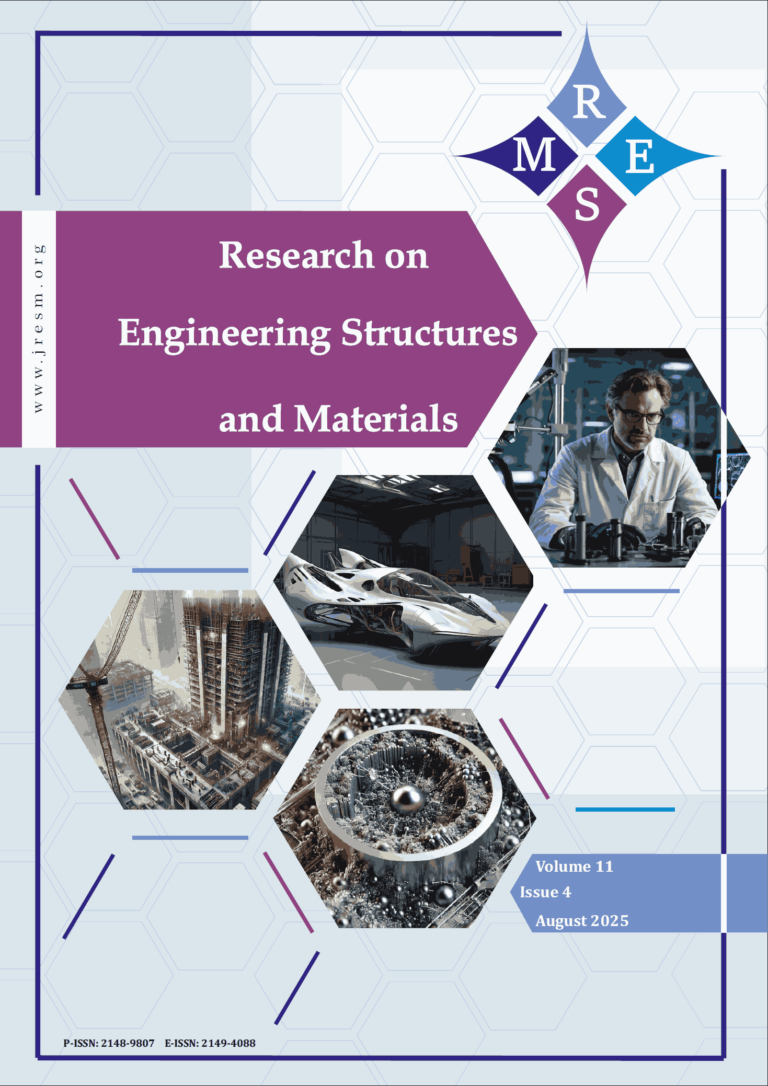The substantial volume of construction and demolition waste (CDW) generated annually poses a significant environmental challenge, necessitating innovative solutions for waste management and resource conservation. Recycled concrete powder (RCP) is a primary by-product of the reclamation process of CDW. This study investigates the potential of using RCP as a cement substitute in high-performance concrete (HPC), evaluating its effect on both fresh and hardened properties. Concrete mixtures were prepared by replacing cement with Concrete Demolition Powders (CDP) and Concrete Sample Scraps Powders (CSSP) at substitution rates of 10%, 15%, and 20%. The slump test was used to assess workability, while density, compressive strength, flexural strength, and porosity were measured at curing ages of 7, 28, and 90 days. The control mix was designed to achieve a targeted compressive strength of 80 MPa at 28 days. Results show that increasing the RCP substitution rate leads to a progressive reduction in workability. Both fresh and hardened density also decrease with the substitution rate, though this reduction remains relatively limited (< 2%), regardless of the type of powder or substitution rate. Compared to the control mix, compressive strength decreased by 3.85% to 11.5%, depending on the rate and type of powder used. The addition of RCP also reduced flexural strength and increased porosity. Despite these effects, concrete mixtures with RCP maintain the mechanical properties of HPC, supporting their potential as a cement substitute. This approach helps reduce cement consumption and promotes the valorization of construction waste.
